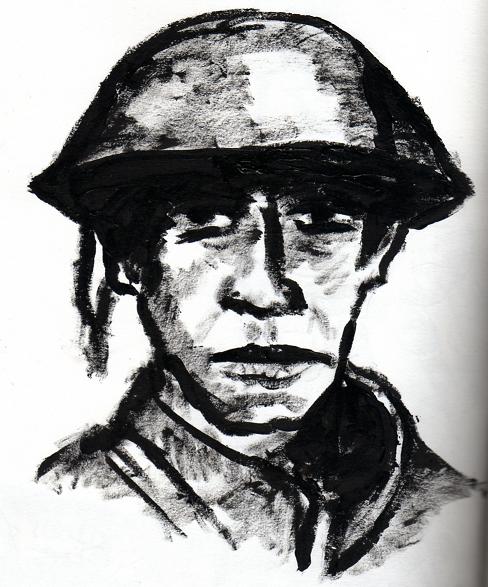The term Post-Traumatic-Stress-Disorder is not new. In fact, its evolution as a medical condition has evolved over the last one hundred and fifty years. During the Civil War (1861-1865) it was known as solder’s heart. In World War One (1914-1918) it was referred to as shell shock and later battle fatigue following the Second World War (19139-1945). While these maladies have been ascribed Veterans of the Vietnam War (1965-1975), Iraq War (2002 – present) , and Afghanistan War (2001-present) and Iraq War (2002-
No matter how one looks at the afflictions brought on by the ravages of these wars the results are the same. Millions of veterans returned home suffering from physical, mental, and spiritual injuries that for some lasted for decades, and for others, the rest of their lives.
The medical community has determined that PTSD sufferers typically have the following symptoms:
- Feeling upset by things that remind you of what happened
- Having nightmares, vivid memories, or flashbacks of the event that make you feel like it’s happening all over again
- Feeling emotionally cut off from others
- Feeling numb or losing interest in things you used to care about
- Feeling constantly on guard
- Feeling irritated or having angry outbursts
- Having difficulty sleeping
- Having trouble concentrating
- Being jumpy or easily startled
It’s not just the symptoms of posttraumatic stress disorder but also how you may react to them that can disrupt your life. You may:
- Frequently avoid places or things that remind you of what happened
- Consistently drink or use drugs to numb your feelings
- Consider harming yourself or others
- Start working all the time to occupy your mind
- Pull away from other people and become isolated
Treatment for PTSD is evolving as more and more cases are reported. In recent years, researchers have dramatically increased our understanding of what causes PTSD and how to treat it. Hundreds of thousands of Veterans who served in the Army, Marine Corps, Navy, Air Force, and Coast Guard have gotten treatment for PTSD and found significant relief from their symptoms.
Two types of treatment have been shown to be effective for treating PTSD: counseling and medication. Professional therapy or counseling can help you understand your thoughts and reactions and help you learn techniques to cope with challenging situations. Research has shown several specific types of counseling to be very effective for treating PTSD.
For veterans who want to manage their PTSD with alternative methods, some has suggested taking part in activities that bring holistic relief in non-traditional activities. These include reading, writing, meditation, and prayer.
Source: https://maketheconnection.net/conditions/ptsd
